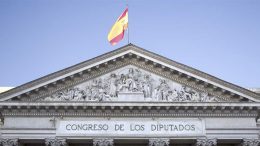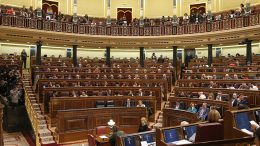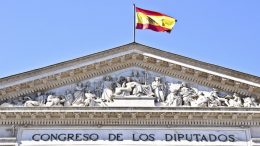Spain’s Recovery In The Context Of Trump’s Victory
Since the beginning of 2014, the Spanish economy has been recovering from a very tough crisis – unemployment jumped from 8% in 2008 to 26% at the start of 2014 and has now fallen to 18.9%. This is in part thanks to the ECB’s extremely expansionary monetary policy and low interest rates. Now after Donald Trump’s victory, everything could become unstable.










